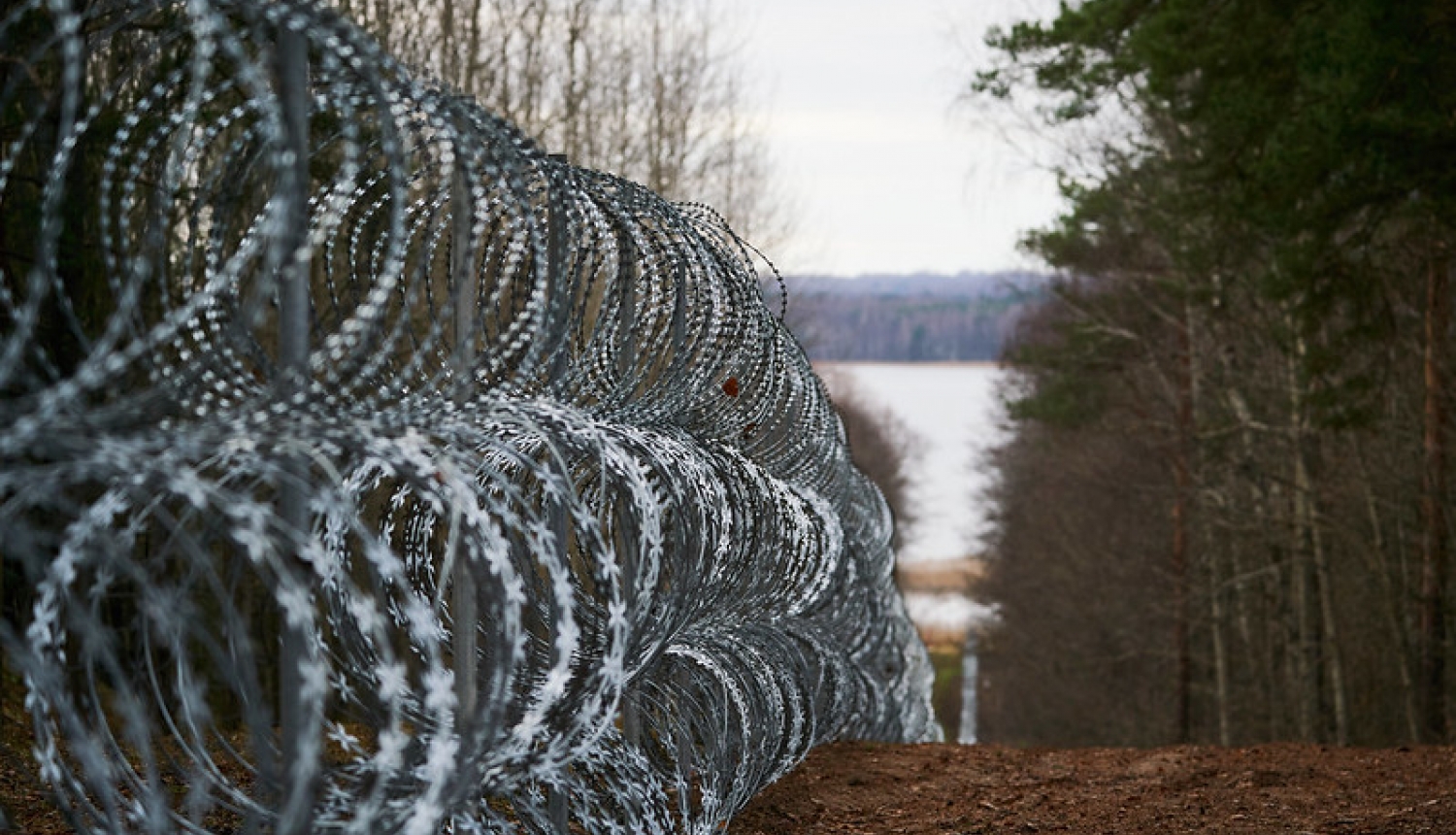On 31 January, the Cabinet of Ministers approved the extension of the state of emergency on the Latvian–Belarusian border in Ludza, Krāslava, Augšdaugava and Daugavpils regions until 10 May 2023, taking into account the continuing risks of illegal migration and hybrid attacks by the Belarusian regime on the Latvian–Belarusian border.
In January 2023, a total of 321 persons were deterred from crossing the State border illegally, in 2022 – 5286 cases, and from 11 August 2021 – 4045 persons were deterred from crossing the State border illegally. It should be noted that the number of attempts to cross the State border illegally has increased since November 2022, i.e. 429 persons were deterred from crossing the State border illegally in November and 1053 persons in December.
It is noteworthy that Poland has completed the construction of a permanent fence along the Polish–Belarusian border, while the construction of a permanent fence on the Lithuanian–Belarusian border is already underway. Therefore, there is a possibility that Belarus could take advantage of the lack of a permanent fence along the Latvian–Belarusian border, thereby increasing the number of persons crossing the Latvian–Belarusian border illegally.
The competent authorities in Lithuania and Poland continue to receive information on illegal border crossings from Belarusian territory, and it is therefore essential to ensure a coordinated inter-state response to such illegal border crossings in order to ensure equivalent border surveillance across the region with Belarus. Therefore, it is necessary to continue to ensure the surveillance of the State border between Latvia and Belarus under a reinforced regime, including by maintaining the state of emergency established in the Cabinet Order No. 518 of 10 August 2021 “Regarding Declaration of the Emergency Situation”.
On 17 January, the Cabinet of Ministers considered and took note of the information report “On a more appropriate regulation of the administrative territories at the Latvian–Belarusian State border and the Latvian–Russian State border”, while deciding that the Ministry of the Interior, taking into account the development trends and the current situation at the Latvian–Belarusian State border, in the light of Russia’s military aggression against Ukraine and the Belarusian regime’s hybrid war against Latvia, a draft order on the extension of the state of emergency on the Latvian–Belarusian State border beyond 10 February 2023 should, if necessary, be prepared and submitted to the Cabinet of Ministers for consideration.




